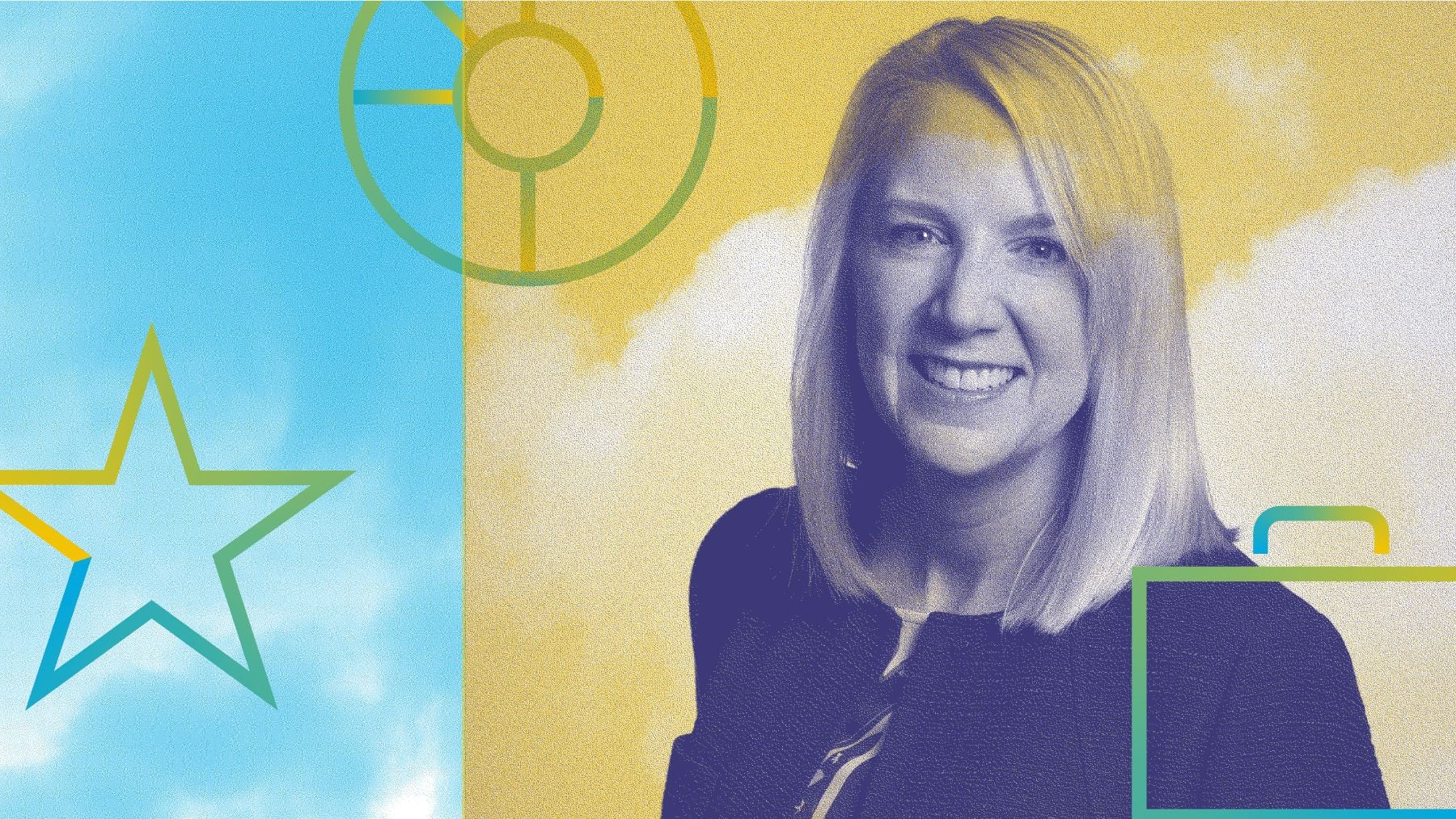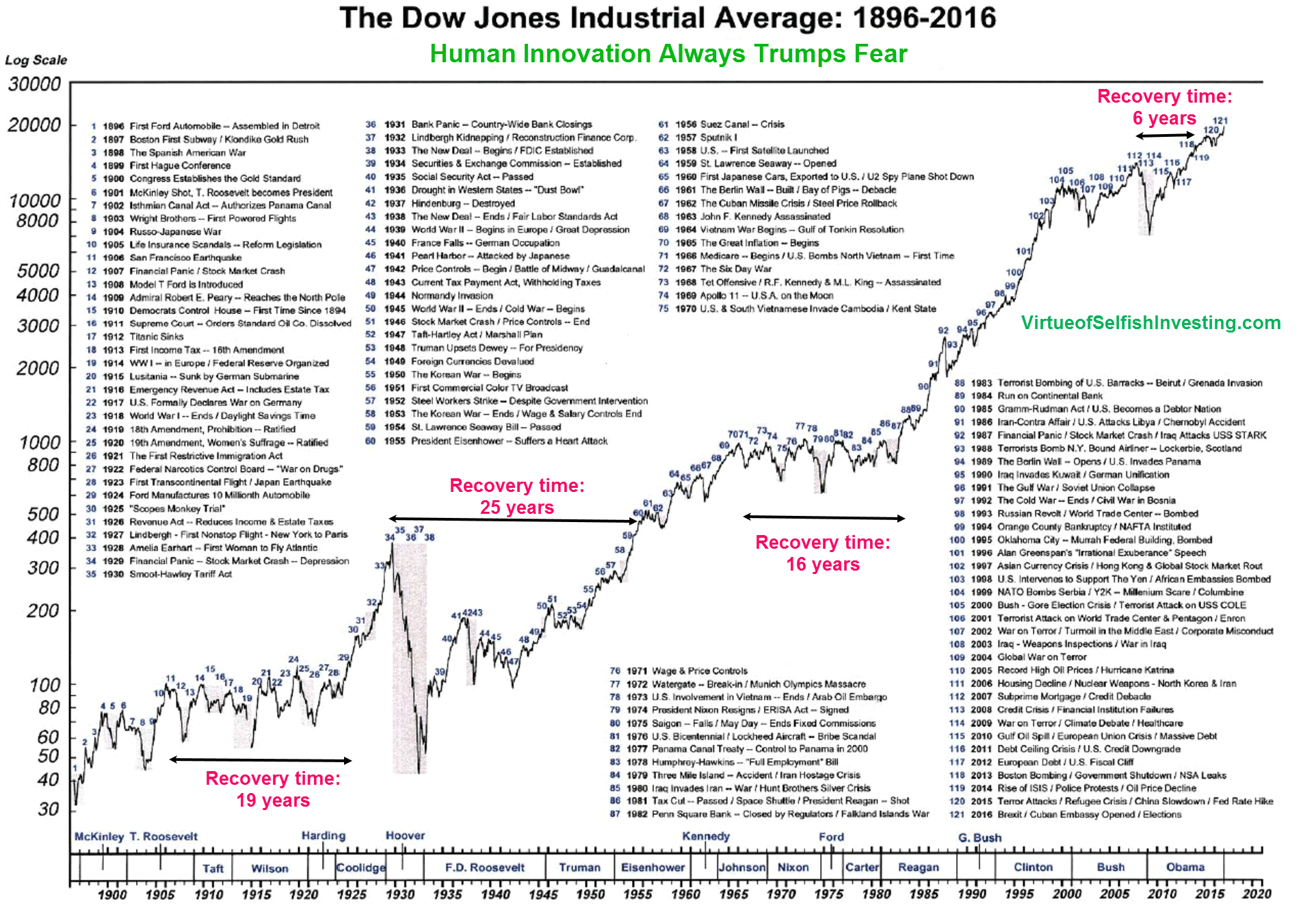every scenario is different,.
.hard to argue with the below as your health is the variable you are unable to control..
https://www.fidelity.com/insights/retirement/social-security-early
The downside of collecting Social Security at age 62
Most people take Social Security at age 62 even though they are giving up 30% of their future income.
"If you're still working at age 62 or you have other sources of income, it might make sense to wait until full retirement age or age 70 to take Social Security," says Amy Colton, founder of the Austin, Texas-based firm Your Divorce Made Simple and co-founder of Forefront Wealth Partners. "If there are investment accounts, annuities, pensions or a reverse mortgage that they can tap into, it might make sense to wait."
If you opt to take Social Security benefits at 62, you'll receive the lowest possible monthly payouts the federal government pays out.
"
The downside of doing so is longevity," Henry says. "If you live to be older than the break-even age for having waited, you will have lost out on the higher payout you would have received by waiting. However, you simply cannot predict how long you will live, so we advise taking Social Security as soon as you stop working."
Full article......................
There's no perfect formula for deciding when to take Social Security, which is unfortunate given the critical need to align one's Social Security payout date with their retirement income needs.
There are, however, plenty of good Social Security timing scenarios to choose from. First, it's important to know the parameters and payout rates of your Social Security plan.
For starters, you can start collecting Social Security benefits as early as age 62. However, your benefit amount will be reduced if you start collecting payments before your full retirement age, which is generally age 66 or 67.
If you take Social Security distributions beginning at age 62, you'll get 25% smaller payouts if your full retirement age is 66 and 30% smaller payouts if your full retirement age is 67.
Waiting to claim Social Security often pays off in the long run, but there are also several reasons to start Social Security payments at the earliest possible age.
Here are some legitimate reasons to take Social Security distributions at age 62, according to financial experts.
- You have health issues.
- You're done working for good.
- You need cash to cover your expenses.
- You're facing a financial emergency.
- You need to get out of debt.
- You're retiring early.
- You want to maximize spousal benefits.
You have health issues
Deciding when to take Social Security benefits is an important decision, especially if you have a health condition that may shorten your lifespan.
"In that scenario, it might make sense to take benefits at age 62," says Chuck Czajka, certified Social Security claiming strategist and founder of Macro Money Concepts in Stuart, Florida. "Remember, benefits are paid for life and cease upon death."
However, if you are married and receive significantly larger Social Security payments than your spouse, you might want to consider delaying Social Security to leave a bigger survivor's payment to your spouse.
"Another good reason to claim at 62 is a situation in which your spouse also can claim Social Security and the survivor benefit is greater than what you may receive today," says Paul Tyler, chief marketing officer at Nassau Financial Group in Hartford, Connecticut, adding that it's always best to consult with a financial advisor about your unique situation.
You're done working for good
Another reason to take benefits early is if you decide you are not going to work any longer.
"If you continue to work and earn over $21,240, for every $2 you earn over this amount, Social Security will withhold $1," Czajka says. "However, if you decide not to work and have enough retirement income, you may want to take your benefit early."
You need cash to cover your expenses
Social Security recipients need to consider three key issues – everyday living expenses, current savings and long-term health – before collecting Social Security benefits early.
"If your current everyday living expenses surpass your Social Security benefit amount, you may not have the luxury of waiting for a larger payout," says Lindsey Crossmier, a financial writer with RetireGuide.com. "You may need that money now to live comfortably."
You're facing a financial emergency
If you have experienced a financial emergency such as a layoff and are at least age 62, it can make sense to sign up for Social Security early. You could also use the funds to launch your next phase of life.
"If you need the money to start up a new business venture, then taking cash out of Social Security can be a good idea," says Jody D'Agostini, a certified financial planner with Equitable Advisors in Morristown, New Jersey. "This financial boost may help you launch your next chapter of earnings, as it can support you until you get off the ground."
If you recoup some of the money, you can also repay your Social Security benefit within the first year without penalty, which will allow your future Social Security benefit to accumulate.
You need to get out of debt
If you have debt that needs to be repaid and you are unable to increase your earnings or take money from savings, consider taking Social Security payments sooner. "That's especially the case if you have mushrooming interest charges," D'Agostini says. "I would, however, try first to consolidate the debt and look to lower interest charges."
You're retiring early
If you want to retire early and need supplemental income, taking Social Security payouts early can help.
"That's especially the case if you're eager to retire and have limited alternative income sources," says Tarek El Ali, founder at Smart Insurance Agents, a Chicago-based national insurance agency that sells Medicare plans and other insurance plans. "In that event, taking benefits early can provide necessary funds to support your lifestyle."
"Taking early Social Security benefits can also provide an early retiree the freedom to pursue part-time work or hobbies without the constraints of full-time employment," El Ali says.
You want to maximize spousal benefits
If you're married, when to collect Social Security becomes a joint decision.
"If your spouse took extended time off of work for child care or any other reason, their Social Security payouts will already be less than yours no matter what since they have contributed less over time. So you should wait to collect and receive larger payouts," says Mark Henry, founder and CEO at Alloy Wealth Management, in Greenville, South Carolina. "If your spouse outlives you, you can direct your Social Security payments to them after your death. This is also a good idea if your spouse is younger than you."

